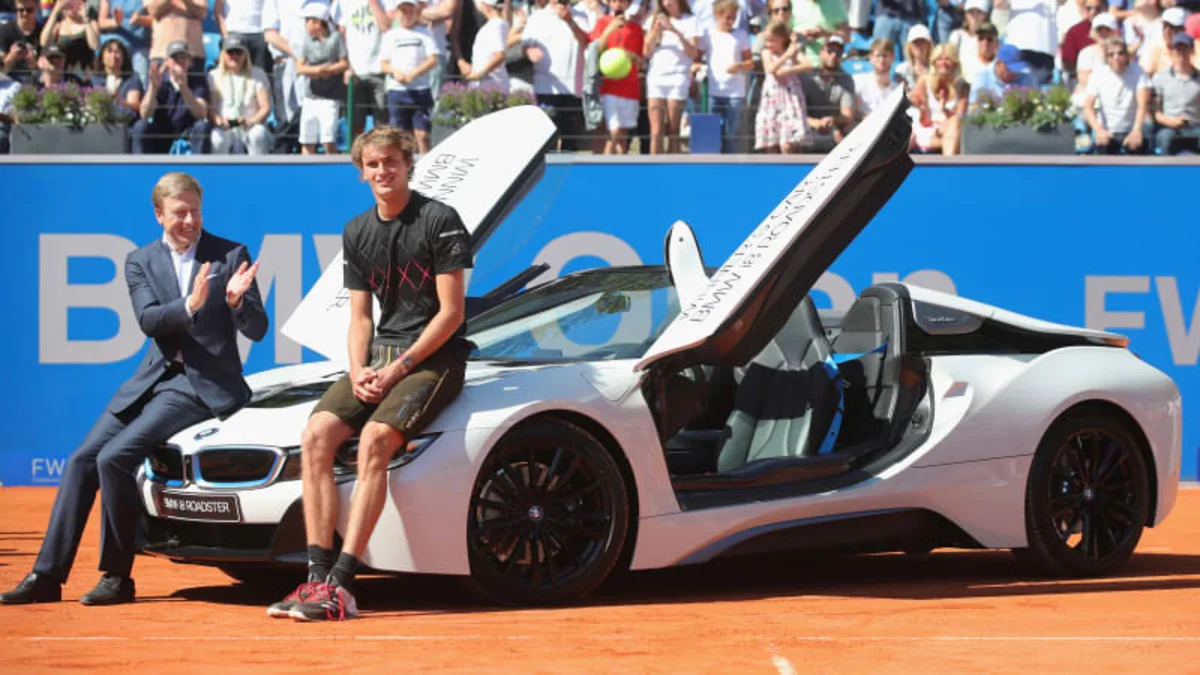FRANKFURT — BMW's board member for production Oliver Zipse is the front runner to become the carmaker's new chief executive, sources said on Friday, after Harald Krueger announced he would not stay on beyond April 2020.
Krueger said earlier on Friday has would not seek a potential extension of his contract, pre-empting deliberations about whether to give him another five-year term.
The news comes after BMW lost money on its automotive business in the first quarter of the year after the company was hit by a 1.4 billion euro ($1.6 billion) charge for an anti-trust case and by higher upfront costs for new technology. Only the financial services and motorcycle divisions kept the group as a whole in profit.
The automotive loss was in sharp contrast to the steady profits and fat profit margins that the carmaker used to rack up quarter after quarter. Profit margins excluding the anti-trust charge had not been so weak since 2006-7 by one analyst reckoning, not counting the global financial crisis and recession in 2008-9 when the company turned in several lossmaking quarters.
BMW, which is based in Munich, is facing pressures that are affecting the car industry in general, including high costs to develop electric vehicles to meet tighter emissions regulations in Europe and China, and investments in autonomous vehicles to compete with tech companies like Waymo and Uber. BMW has been hit by increased tariffs on vehicles exported to China from its plant in Spartanburg, South Carolina, due to the trade dispute between the U.S. and China.
The company downgraded its profit outlook for the year and announced a cost saving plan in March that aims to trim 12 billion euros in costs by the end of 2022 by dropping some models and streamlining vehicle development.
BMW declined to comment on whether Zipse would be appointed chief executive, saying this would be formally decided on July 18 when the full supervisory board is due to meet.
Zipse, 55, is the youngest among three potential successors, who include 59-year-old R&D chief Klaus Froehlich and 57-year-old Chief Financial Officer Nicolas Peter. BMW has an age limit of 60 for board members.
Zipse has held the post of head of production like other BMW chief executives, including Krueger and BMW's supervisory board chairman Norbert Reithofer, one of the sources said. BMW has a track record of delivering industry-leading profit margins despite its small scale, thanks to efficient production methods.
"The CEO candidate will not be a surprise," one of the sources said.
Krueger said he wanted to move on to new projects.
"After more than ten years in the Board of Management, more than four of which as the CEO of the BMW Group, I would like to pursue new professional endeavors and leverage my diverse international experience for new projects and ventures," Krueger said in a statement.
Under Krueger's leadership, BMW lost the title of best-selling luxury carmaking brand to Mercedes-Benz in 2016, and put the brakes on a plan to mass produce carbon-fiber based electric cars at a time when zero-emission vehicles made by Tesla were gaining traction with customers.
Krueger was hastily installed as CEO designate in December 2014 and formally took office in May 2015 following the defection of fellow BMW board member Herbert Diess to rival Volkswagen.
Krueger, who is 53, has avoided high-profile appearances in front of large crowds since he collapsed on stage during his first major news conference as CEO during the Frankfurt car show in September 2015.
At BMW's annual results news conference earlier this year, the company sidestepped questions about whether Krueger would receive a contract extension. BMW spokesman Maximilian Schoeberl at the time said succession was "not a topic" being discussed.
Material from The Associated Press was used in this report.


Sign in to post
Please sign in to leave a comment.
Continue